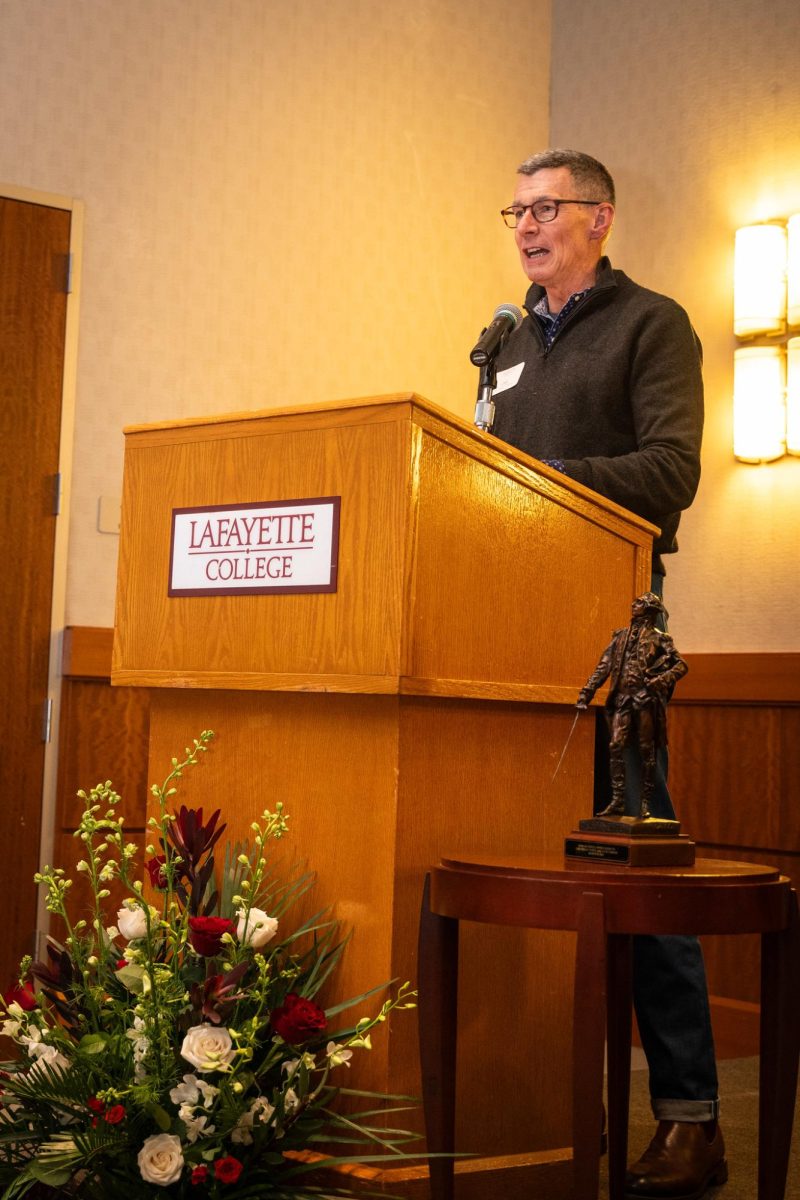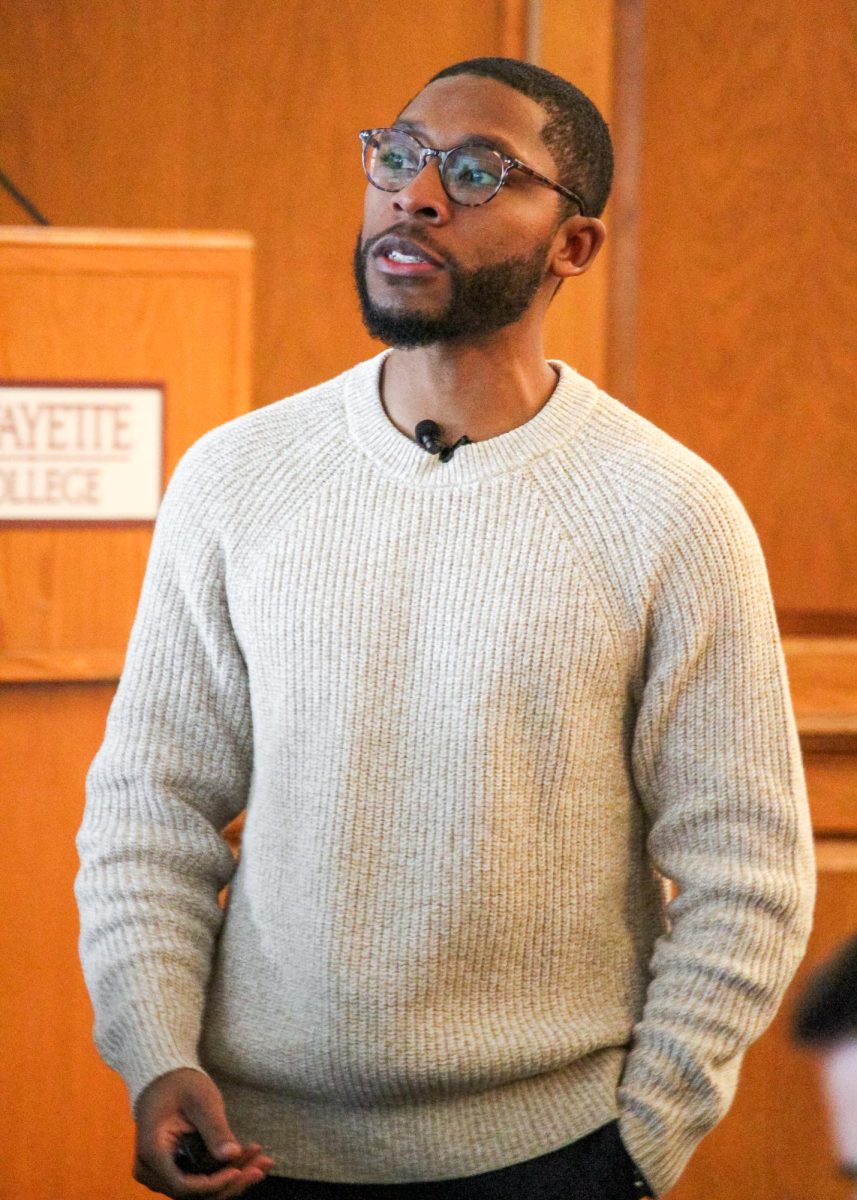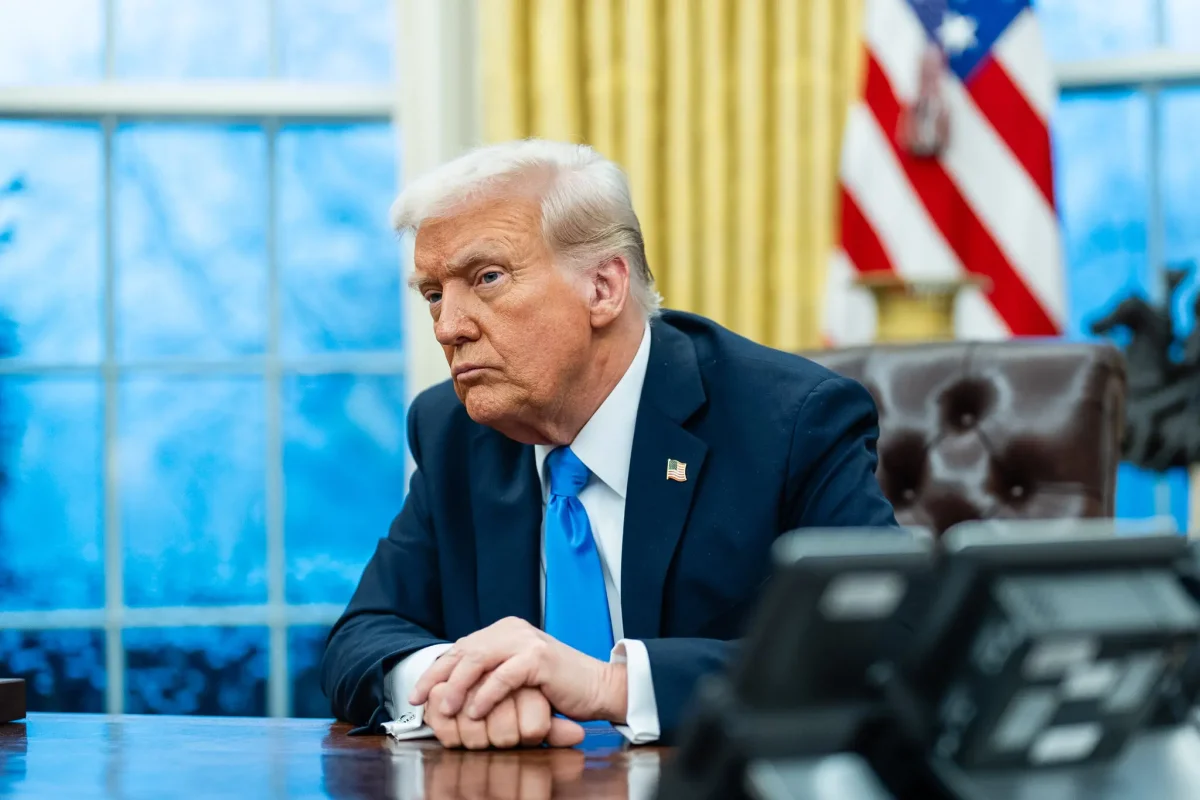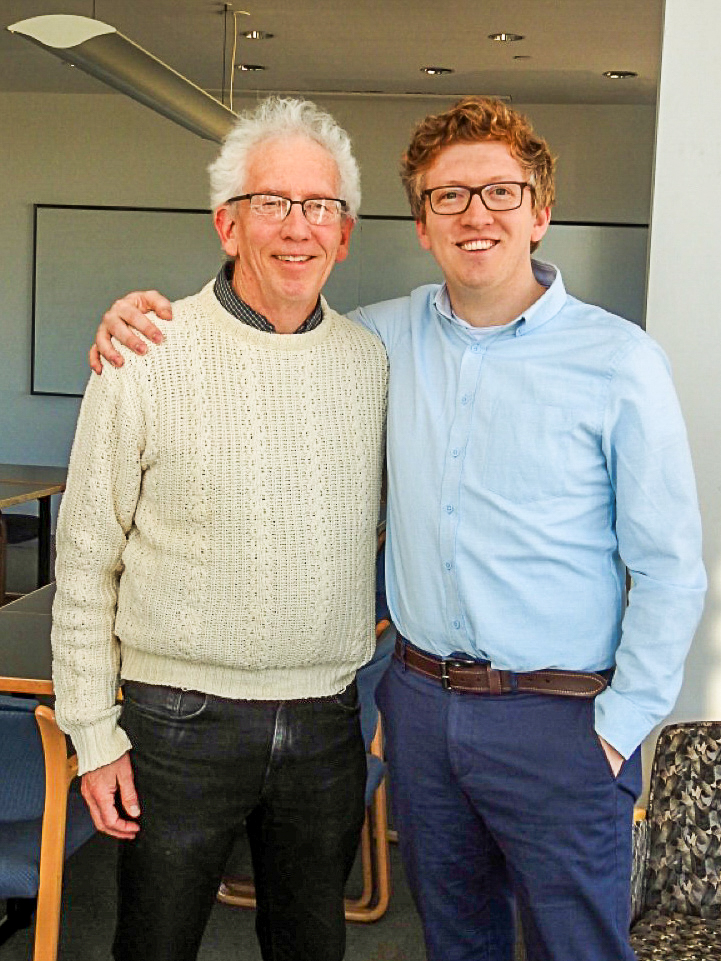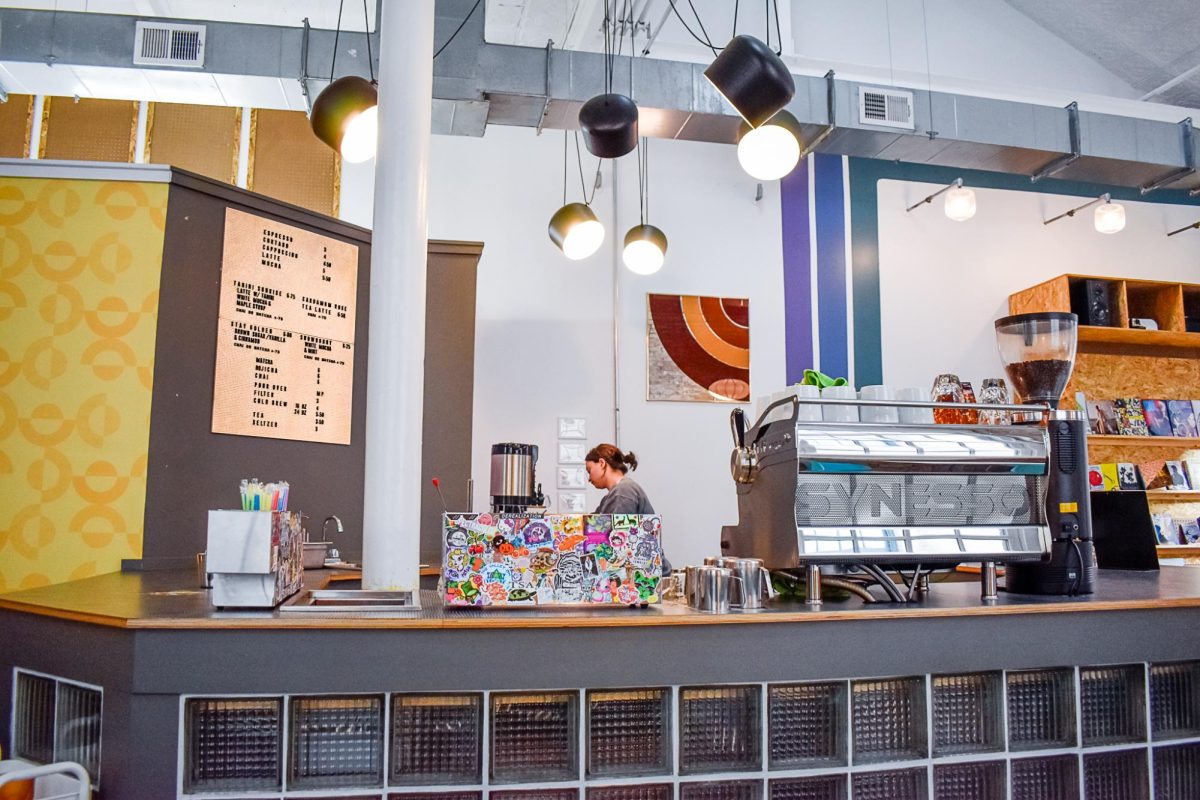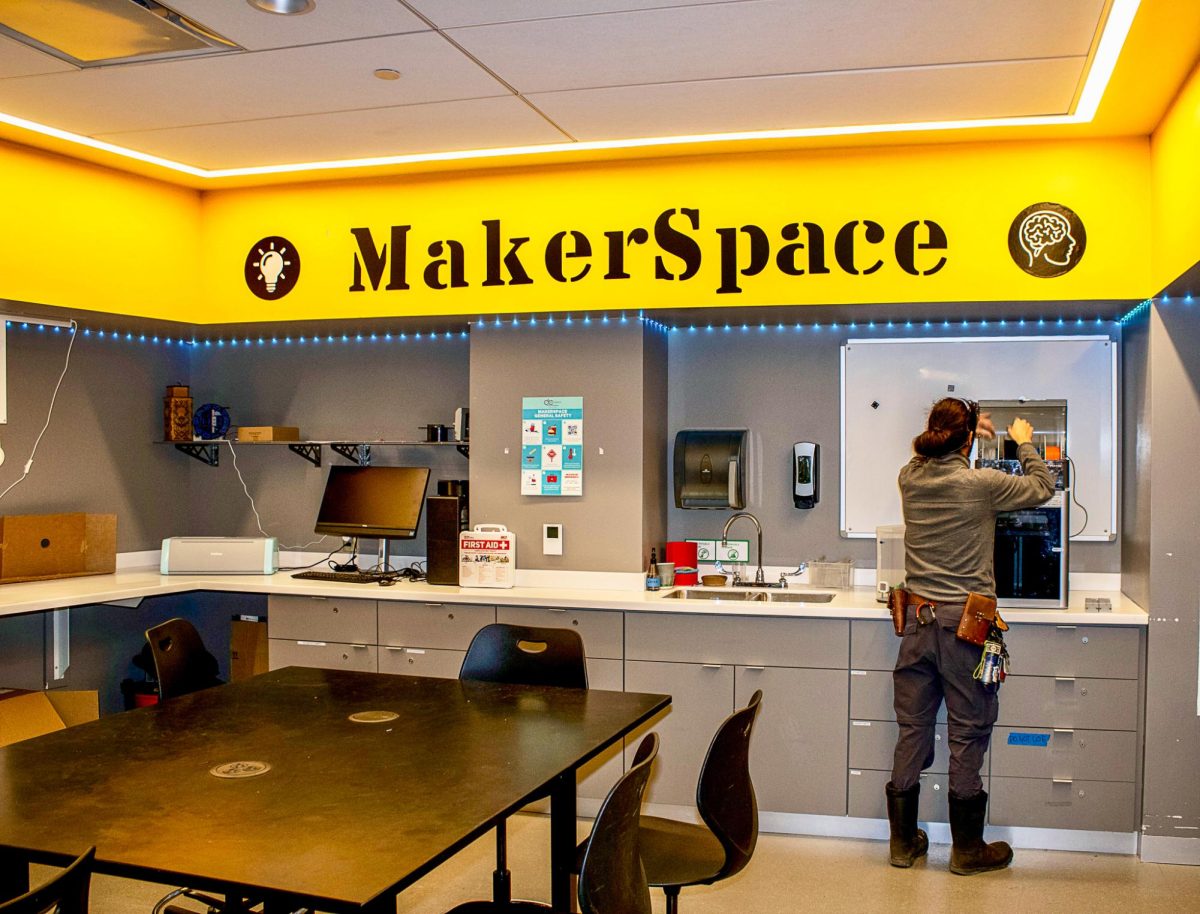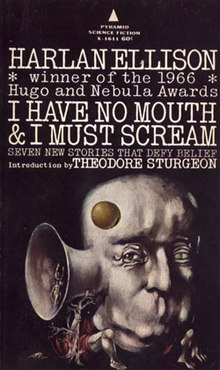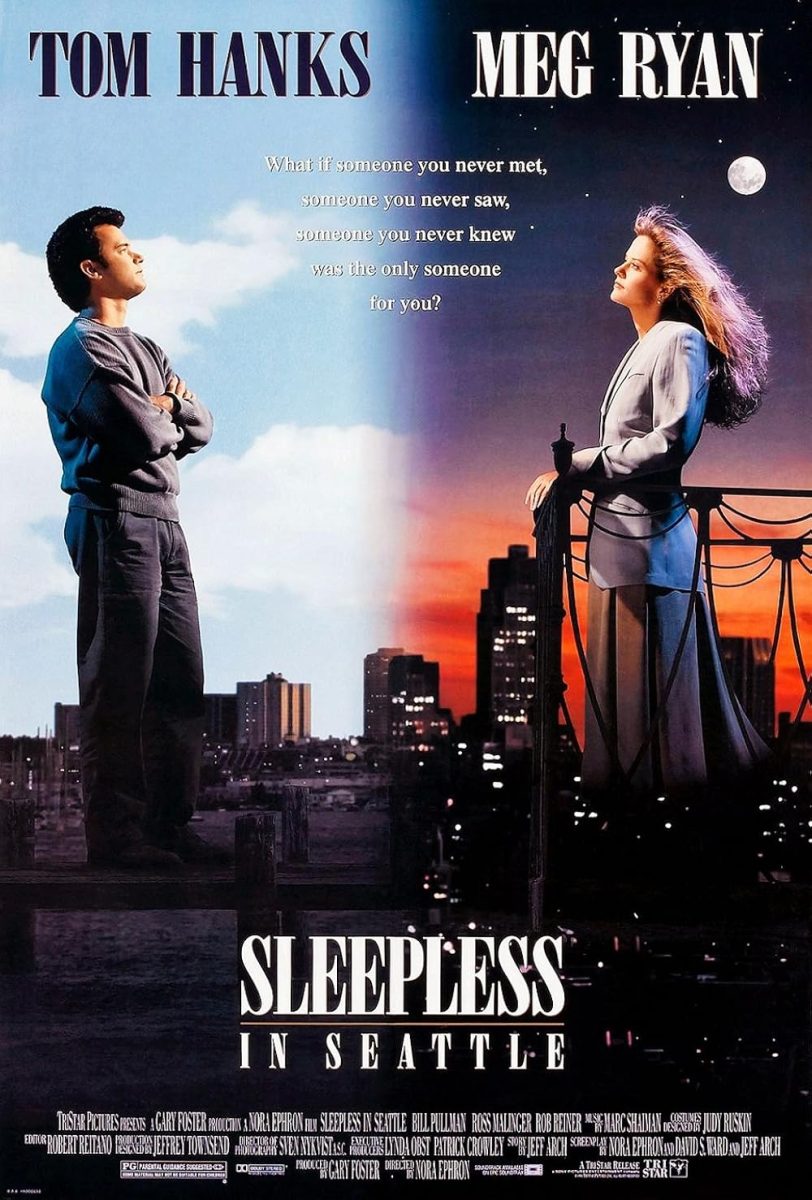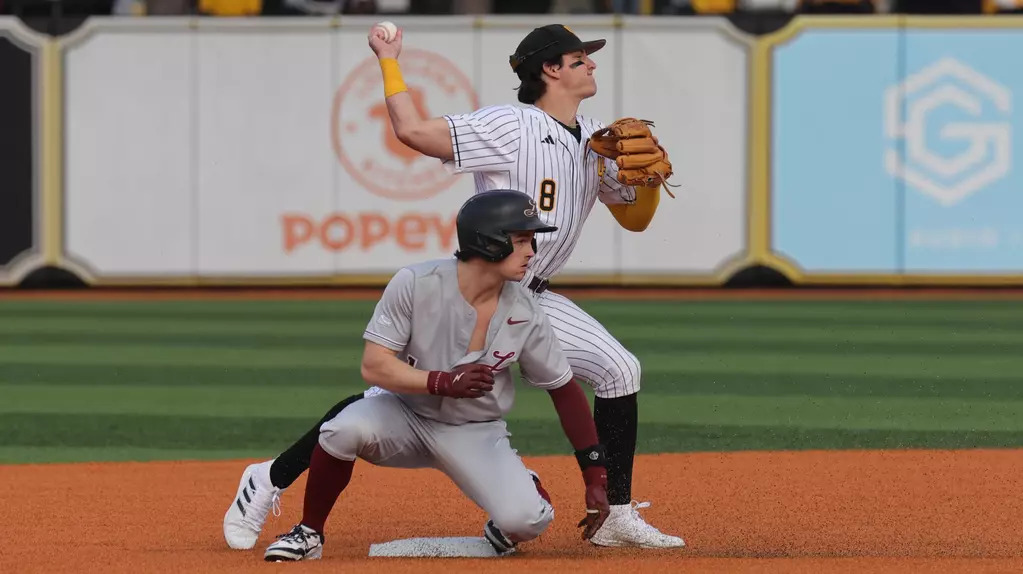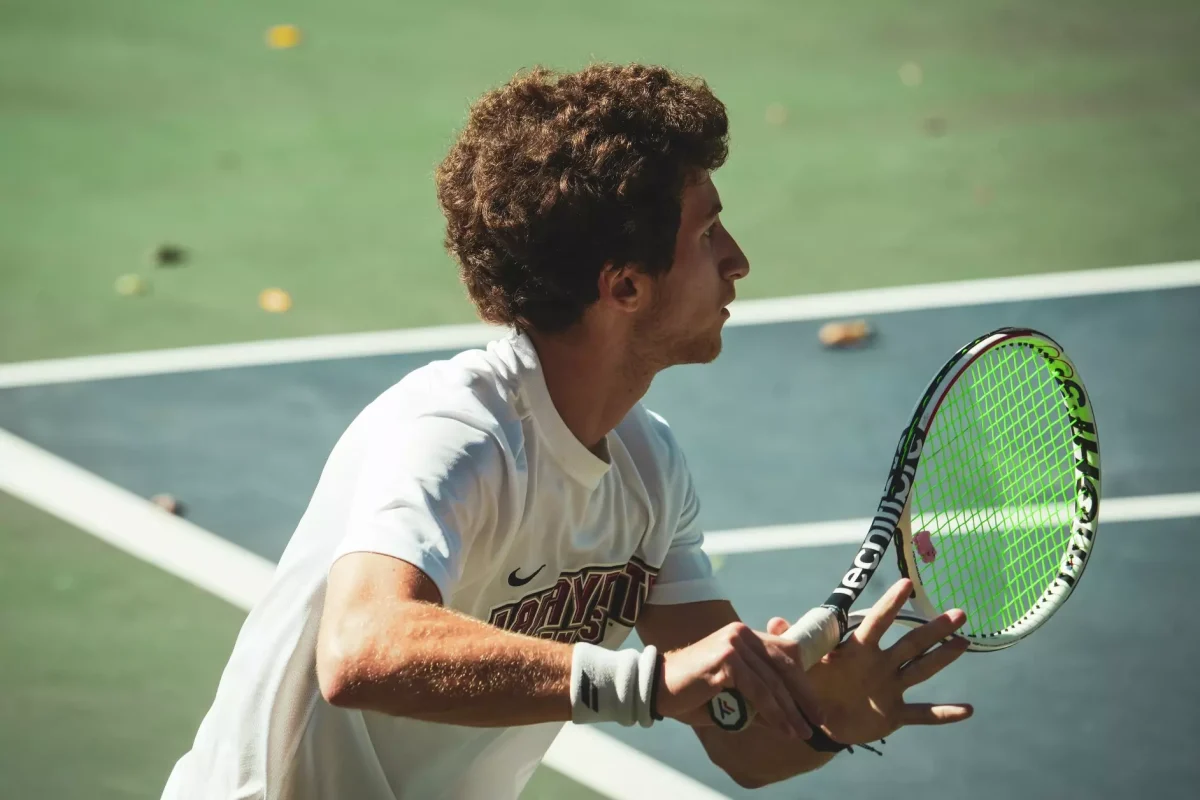On Feb. 29, President Alison Byerly sent out a campus wide e-mail, announcing that Posse D.C. would decisively not be affected by budget redistribution. After weeks of student-driven discussions regarding the program, the administration has committed to Posse D.C. for at least another 2-3 years.
“At those meetings and when I met personally with Posse students, students spoke compellingly about the value of the support provided by the Posse foundation,” Byerly wrote. Without these student testimonials, the outcome may not have been the same.
Protest culture has existed at Lafayette for at least five decades, according to visiting part-time instructor of American studies Peter Newman.
“When I arrived at Lafayette in the fall of 1969, the country was going through a period of great social change,” he said.
“Lafayette was more politically active in the late 60s and early 70s,” he added. “I know that the war and the draft had a profound effect on all of us; no matter what side of the issues we were on, they were both always in the back of our minds.”
A history of activism, however, does not necessarily translate into the Lafayette campus atmosphere in recent years. Besides Black Lives Matter rallies, there were few demonstrations by students at the college before the Posse issue surfaced.
This quiet campus climate is at odds with a national rise in student activism in incoming college freshmen, found by a recent survey conducted by The Higher Education Research Institute at UCLA. The Lafayette’s own modified version of that survey revealed contradictory opinions from the class of 2019.
The national version found that students were more likely to protest than in previous years. Among black students, 16 percent said they were more likely to demonstrate while in college, but students of all races said they were more likely to demonstrate than just a year before.
Of the 26 freshmen respondents at Lafayette, the survey we conducted found students were less likely to protest than the national average. The response rate was low, and those who responded with an e-mail contact did not reply to a request for comment.
The Lafayette survey did not ask the race or ethnicity of the respondents.
When interviewed in person, freshmen students at Lafayette appeared to be more politically active than was shown in The Lafayette survey.
Khadijah Jinnah ’19 participated in both the recent Posse demonstration and a sustainability rally in October 2015.
“I feel like the people [here] are so socially aware, so active. It’s not like we’re going to be complacent and just sit back. We’re doing,” she said. Jinnah also pointed out that people may not protest if they feel that issues do not directly affect them.
Jinnah said that there is a divide among students at Lafayette when it comes to protesting.
“There are people who are socially aware, and then there are people [who aren’t], and they don’t have a desire to become [active],” she said. “It’s really hard to push people toward something that they’re not passionate about.”
Charles Evans ’19 said recent current events have inspired a rise in student activism.
“2015 was probably one of the worst years I’ve ever experienced as an American,” Evans said. “Of course we’re going be the most willing to protest, because we’ve seen it.”
Evans added that protesting is a natural response to societal problems.
Newman also added that the state of the country influences campus activity from generation-to-generation.
“From the amount of posters that I see around campus, it is clear that many students do care about the issues of the times,” he continued. “However, I am very disappointed when so many of my students tell me that they do not vote. While we could go to Vietnam at 18, we could not vote until we were 21,” he said.
Both the UCLA and the Lafayette surveys found a high percentage of respondents intend to vote in upcoming national elections. According to the UCLA survey of 141,000 students at nearly 200 colleges, 60 percent of respondents said there was a very good chance they would vote while in college. Similarly, 70 percent of Lafayette responded said they intend to vote, as well.





















